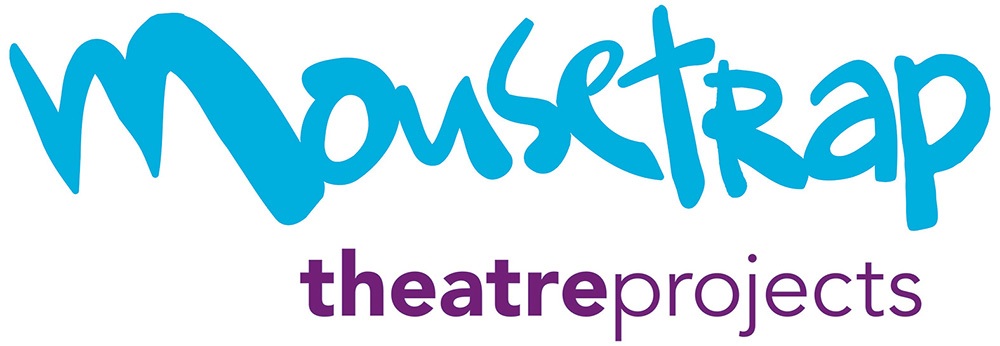Eddie Redmayne’s top 5 tips for performing a monologue
Oscar winning actor, and Mousetrap Patron, Eddie Redmayne has shared 5 of his top acting tips exclusively with us - a chance for aspiring actors to learn from the best!
Over to Eddie…
Hi there, it's Eddie here. The guys at Mousetrap asked me to come up with a few pointers for those of you out there working on monologues so here are a couple...
1. One idea is to record yourself the very first time you read the monologue. It will always be incredibly rough around the edges but quite often you will have instincts that first time you speak it aloud (before you have time to overthink the piece) that will be great. Having this rough recording will remind you later on (when the piece will be well worked) what those initial ideas were and some may prove useful. One brilliant director I worked with, Michael Grandage, would always make us put a scene on its feet very early on in the rehearsal process to try and capture some of these initial instincts before our critical minds started to take over. It can feel a bit terrifying, but if you record it, it’s for your ears only.
2. Learn it. Learn it. Learn it. I know it sounds obvious but nothing undermines a monologue more than that slight sense that you may not have the words fully in your bones. When you are auditioning, performing or even filming there are so many factors that can throw you so the piece needs to be so fully embedded in your body that you can respond to whatever is thrown at you- nerves, notes, location, criticism.
3. I remember one of my first jobs was playing Viola in Twelfth Night (she has some astonishing soliloquies) and when I was rehearsing I was struggling with some of the rhetorical questions. They felt incredibly theatrical and odd. Mark Rylance (who was playing Olivia) happened to be in the room and gave me one of the greatest of notes. He said 'Ask the question, expecting an answer...' I know it sounds obvious but even if the question is rhetorical (and you are saying it alone on stage) ask questions to the audience really expecting answers and the thing will come alive.
4. I would always go for something shorter so you can work on it more intensively. It’s always more fun doing the detailed work rather than broadly slogging your way through some massive epic. That'll be tedious for you and probably for the listener. Also try and choose something that demonstrates your range. Varied monologues that combine comedy with pathos and tragedy tend to be most compelling I find.
5. This is a bit obvious but find a piece of writing you can fall in love with. Lines from monologues I did years ago still come back to me out of the blue and it is such a wonderful thing. They take a huge amount of effort to learn, rehearse and play with so make sure you choose words and writers you are passionate about.

